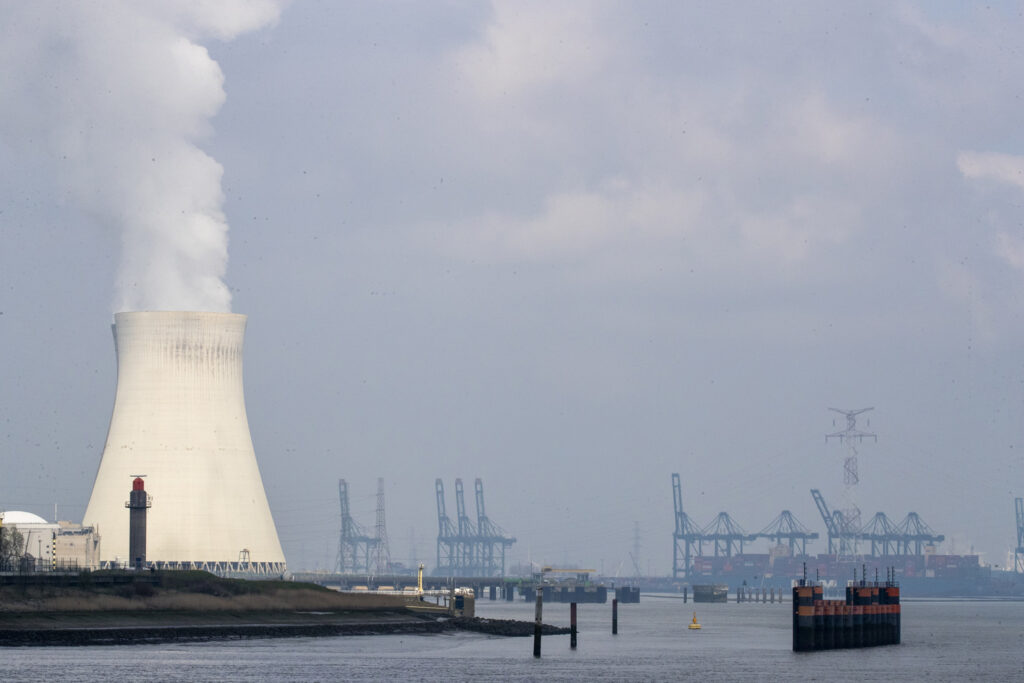Extending the lifespan of Belgium's nuclear power plants could cost the State around €1.5 billion as electricity prices decrease more quickly than expected, according to a government report picked up by Het Laatste Nieuws on Wednesday.
If today’s electricity prices persist, Belgium’s cost for extending the lifespan of the Doel 4 and Tihange 3 reactors will be about €146 million annually. Over a decade, this could amount to nearly €1.5 billion.
The government’s December deal with Engie ensures that the French operator will receive a guaranteed price for energy produced by the extended plants. The agreement sets out provisions to return to the Belgian State any excess profits if electricity prices exceed a set amount. However, if the wholesale electricity cost is lower it is the State that must cover the shortfall.
The cap set at €81 per MWh and the government predicted that electricity prices will only start dipping below this threshold from 2028, meaning that until that time it should largely be getting a good deal. However, latest prectictions for the wholesale market now forecast that the price in 2027 will be just €64 per MWh. Though this would be good for consumers it would mean the State would have to pay the shortfall to Engie.
Related News
Experts believe electricity prices will fall in the coming years. In a worst-case scenario, these estimates suggest that the potential cost for the State could reach €1.8 billion.
The findings reveal the paradoxical nature of the nuclear agreement, which is based on the assumption that electricity produced by nuclear power will be cheaper than alternative sources. So long as this is the case, the agreement will be a financial success for the State. However, when wholesale prices fall below the cost of nuclear production, the State – and ultimately taxpayers – will be paying the difference. However lower energy prices are good for consumers and the economy.

